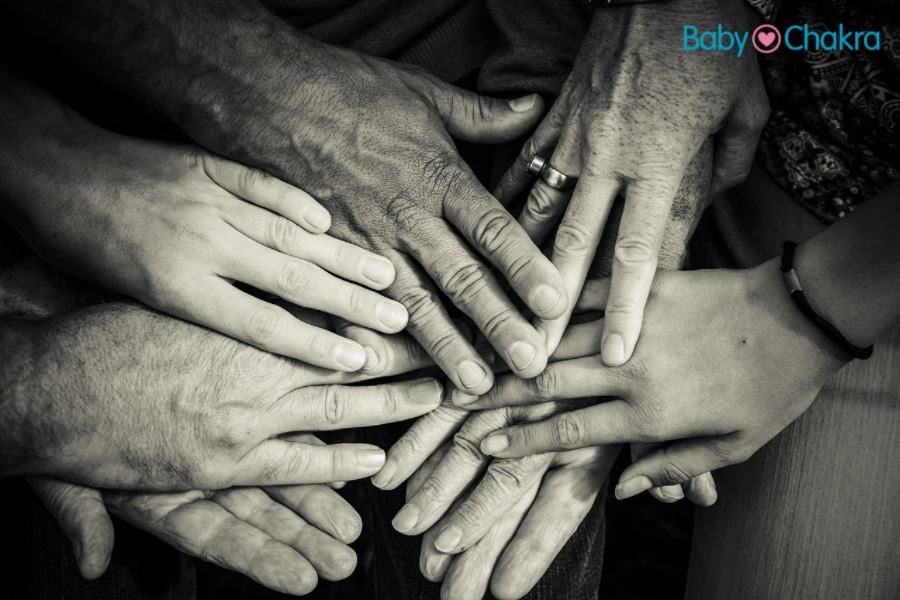
Signs You Still Need Your Parents Even After You Become A Parent
2 Jun 2022 | 4 min Read
Sayani Basu
Author | 607 Articles
Parenting is the beginning of all things – wonder, hope, and a dream of possibilities. Plus, the feeling of raising a new life is a different feeling altogether. However, the journey is not everyone’s cup of tea. Each and every parent has their own distinct stories and experiences.
Parenthood takes time and effort. Parents must work on developing a strong and dynamic relationship with each of their children. Children tend to grow and change with each new stage of development, which challenges us to adapt to new rules and circumstances.
Only once we become parents ourselves do we realise the importance of raising children, and all that it takes to raise them. Even after we become parents, there are times when we miss our own parents and all you want to do is run to them and rest your head on their shoulder and feel that sense of security and warmth.
We never outgrow our parents. Here are some of the signs that you still need your parents even after you become a parent.
3 Signs You Still Need Your Parents Even After You Become A Parent
Some of the signs that you still need your parents even after you become a parent are:
1. Looking for advice: For all new mums, having a newborn can be demanding. They want to do everything right when it comes to raising a child. Everyday is a learning experience and it’s normal for new mums to have doubts and questions about taking care of a baby. Who better than our own parents to turn to for support and guidance on bringing up a baby?
Our parents are the best people to go to for advice since they have all the experience needed to raise a child. It’s natural for new parents to turn to their parents for advice. Sometimes a phone call or a text from them can help you when you are confused, or having a tough day with your new born baby.
2. Emotional support: Whether you are having a bad day at work or handling toddler tantrums, the people you think of for that emotional support are your parents. Even if they don’t live with you or near you, sometimes just speaking to them over a call makes everything feel alright.
They are the only people you can bare your soul to since they have seen you at your worst and know you better than anyone else. Once we become parents we need our parents more than ever because grandparents play a special role in our children’s lives.
3. Relive the golden days: There are some days when all you want to do is relive your childhood days. Sometimes, taking care of the household, running after your toddler and the changing relationship with your partner can be stressful.
You will probably want to go out and shop and watch a movie with your mum, just like you used to 10 years down memory lane.
If your parents are alive, even if any one of them is, be thankful that you still have them as your go-to person. Go and hug them as the jadu ki jhappi can make things better, no matter how bad the condition is. Hold their hands and speak your heart out to them.
They have been your biggest support right from the time of your birth. Your mum has been nurturing and supporting you even when you were not born.
Our parents will always be a permanent figure in our lives because they are our first home, our first best friend and the ones who give us selfless love no matter how old we may grow.
A


Suggestions offered by doctors on BabyChakra are of advisory nature i.e., for educational and informational purposes only. Content posted on, created for, or compiled by BabyChakra is not intended or designed to replace your doctor's independent judgment about any symptom, condition, or the appropriateness or risks of a procedure or treatment for a given person.
